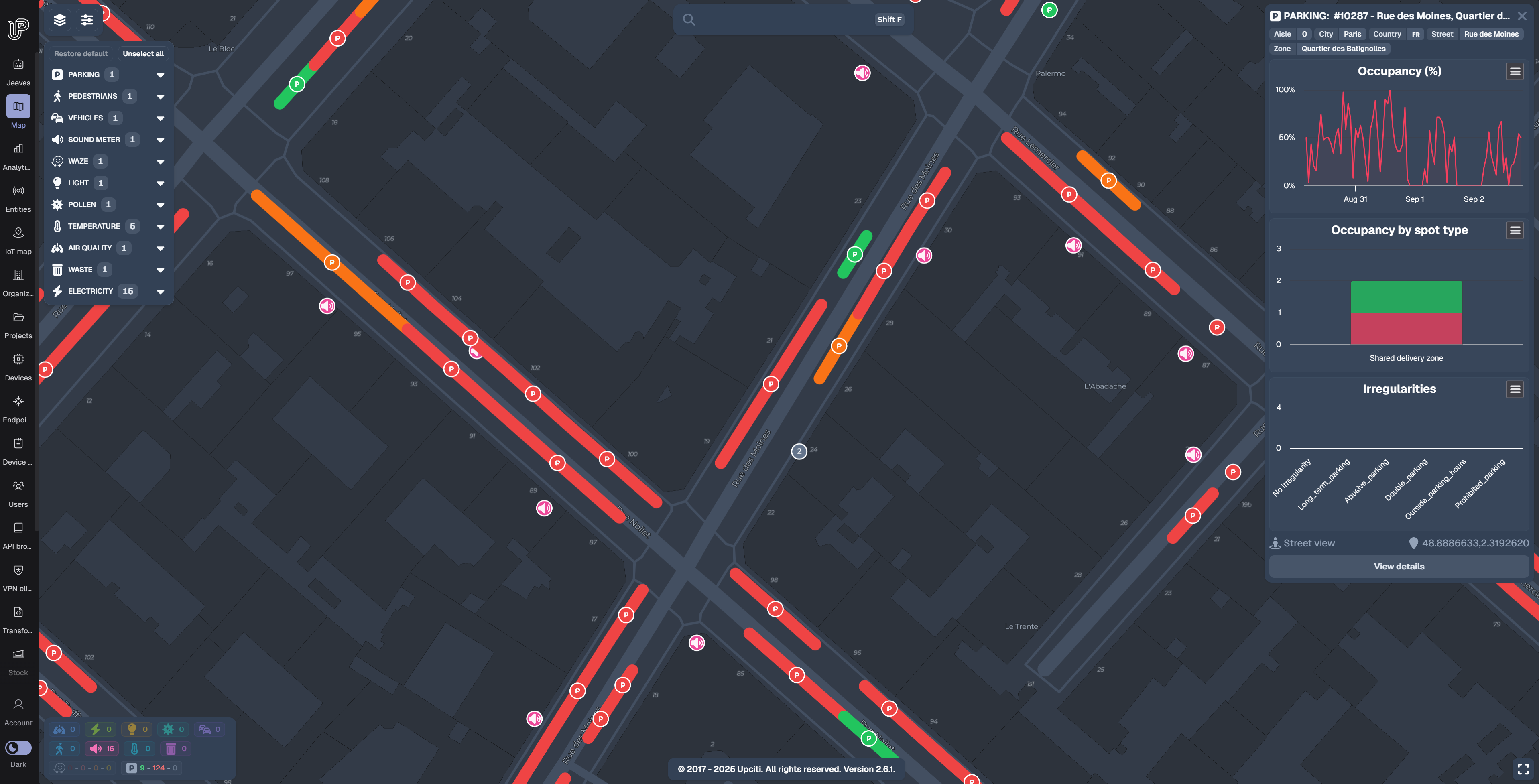"It was brutal but so much fun. I had already worked in Russia and Africa, yet China couldn’t have been more different" - Peter Crosby
Building Platforms in China


Triptease is the global champion of the hotel direct booking movement, with more than 17,000 hotels on their platform around the world. Naturally, that has required many of the senior team at Triptease to travel extensively, and Peter Crosby, the company’s former CRO has good form in this area - in his previous role as Chief Emerging Markets Officer at Viadeo, he travelled to China 40 times in 52 weeks.
At Viadeo, the social networking platform out of France, Peter was responsible for opening up multiple new markets. He says, “Of all my international activities, my time working in China was the most incredible."
“It was brutal but so much fun. I had already worked in Russia and Africa, yet China couldn’t have been more different. We had acquired Tianji (a business social networking site) in 2008, and I acted as interim CEO for 8 months while we hired a new local leader.”
“As we now had two platforms: one outside the Chinese firewall, and one inside, we had to build an invisible platform beneath which deployed selected features to one, the other, or both. This is really important because even at a high level, the user expectations of an online experience in China are very different than those in the West. Chinese users, for example, like to see a lot on the page, while the trend in Europe is towards pages which are very clean. It’s a huge cultural difference."
Aside of UX expectations, the very function of a site (particularly a social media venture which can fill many roles in users’ lives) can be different. “People were using our network for dating - which had never happened before in other markets - but when you understand the social backdrop, it made a lot of sense. Users were most likely an only child, and were also looking after their ageing family. In addition, because there is such pressure to succeed, they were also likely to work incredibly long hours. Finally, because of the one child policy, China also ended up with more men than women; so both men and women were using our network for dating. And why not?”
Every entrepreneur expects a new country to have its own culture - both for customers and in the office. Peter says that China’s culture is best described as intense: “When I went to France, I couldn’t believe how employees behaved in the workplace, and yet it worked. The same can be said for China. It’s simply a different culture with different norms and behaviours. No quarter is given in life or in business: everyone is up for a fight, everyone is trying to move faster."
“And local startups have access to more money than you, so if you are entering the market you will have to execute ruthlessly. You must have strong partners, because the power of your network is critical. The wheels of commerce are entirely about who you know. Similarly, if you try to expand your business in China without making an acquisition, you will fail.”
“Finally, remember the sheer scale of the country. When a company opens up in Beijing, they are not servicing China. They are only in Beijing. The distance between Beijing and Shanghai is enormous, so in many ways you are better off treating them as distinct markets.”







